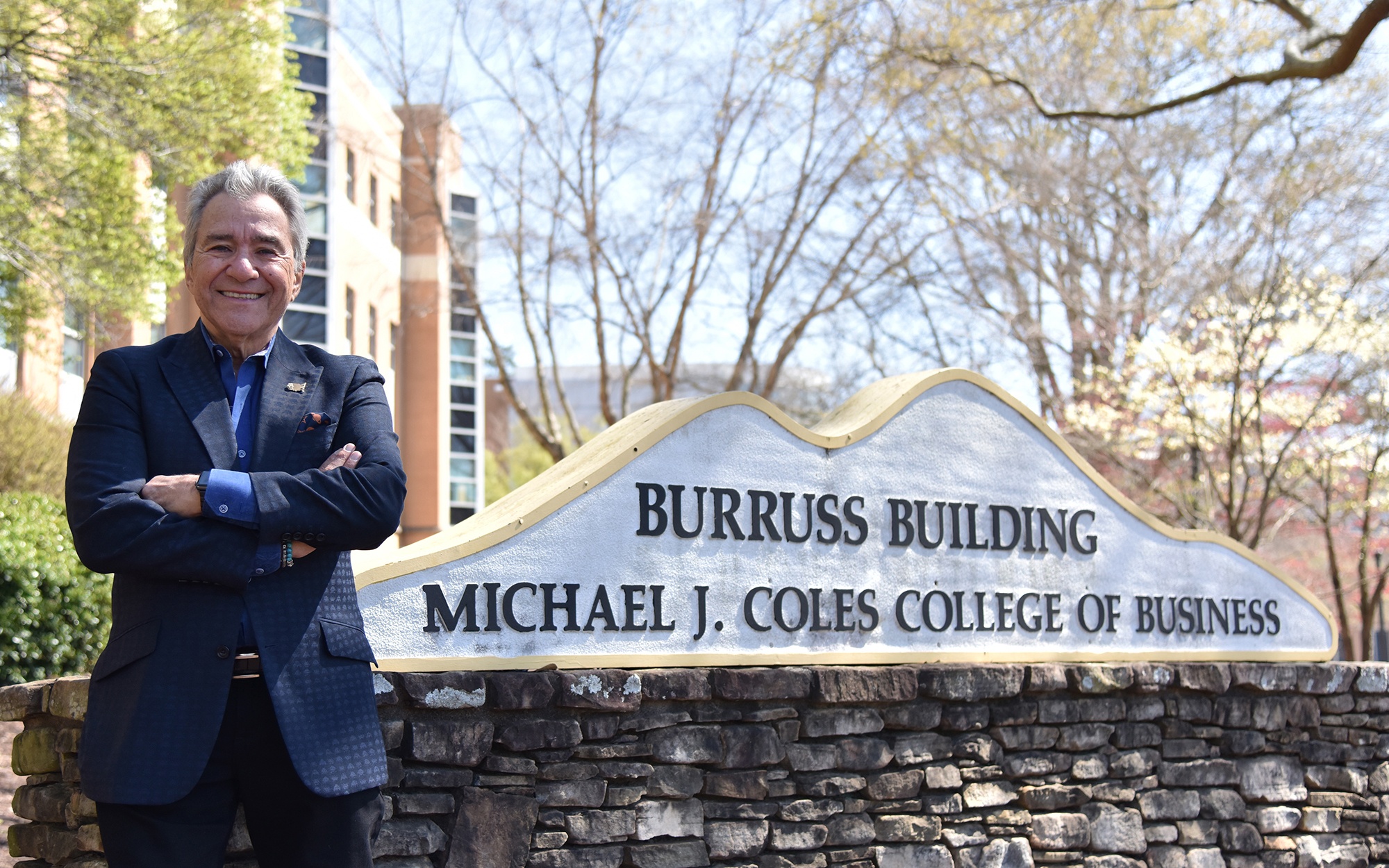
Service: Anyone Can Make a Random Act of Kindness
How do you grow up poor and come to understand philanthropy?
I never thought about philanthropy in a conventional sense as a child. My parents were working class, and we had little extra money. Like our friends and neighbors, we lived on a tight budget, and there was no real mechanism in place to make community giving more visible.
When Donna and I married, we did not have money to give. We were
struggling to make a living in our new home in Atlanta and raising children. I do not remember anybody ever asking us for money.
The Beginnings
Once we established ourselves north of downtown in Cobb County, we began volunteering for causes about which we cared. Donna worked with the Feminist Action Alliance, the Equal Rights Amendment (ERA) Georgia Board, and the League of Women Voters of Georgia. She served as the chairperson on the Legal Status of Women and the Georgia Constitutional Revision committees as well as the Cobb County Juvenile Justice Board and the Georgia Student Finance Commission. Today, the Donna Novak Coles Georgia Women’s Movement Archives are part of Georgia State University’s Special Collections.
We helped the March of Dimes, Kennestone Hospital, and the American Heart Association, but soon I discovered that my real passion was education. This may be partly inspired by the fact that I never went to college. I wanted to make sure that our community was doing its best to provide for our children so they had an opportunity to thrive. I wanted to do something to make a difference.
Three W’s—Work, Wisdom, and Wealth
It was not until the Great American Cookie Company began expanding in the 1980s and became more successful that I began to think about philanthropy. I cannot recall where I first heard the concept of the “Three W’s“—Work, Wisdom, and Wealth. Maybe it was at a business luncheon or in a magazine article. Whatever the source, it really resonated.
When you are young and just starting out, often the only thing you can afford to donate is your work. As you age and become more stable and successful, your contributions grow to encompass wisdom and wealth. Nonprofits and charitable organizations need community members to donate all three.
Giving Back
The most important contributions that I have made as a philanthropist have been donations of work and wisdom; the easiest thing I have ever done is write a check.
I do not want to minimize the importance of financial gifts—organizations need money—but they need business and community leaders who understand corporate citizenship even more. I have been on many boards whose members had expertise that the organization never could afford to buy. That is good for the organization, but it is also good for the board member.
Embrace the mission
It is often easier to take a minute to write a check than to really commit to an organization about which you care. If you do not give of yourself, you will never truly understand and embrace their mission or appreciate their impact on people you may never meet.
In my work with the Walker School, Kennesaw State University, Hillels of Georgia, and the Film and Video and Music Commission for the State of Georgia, I discovered that hard work on behalf a cause you believe in is what matters most.